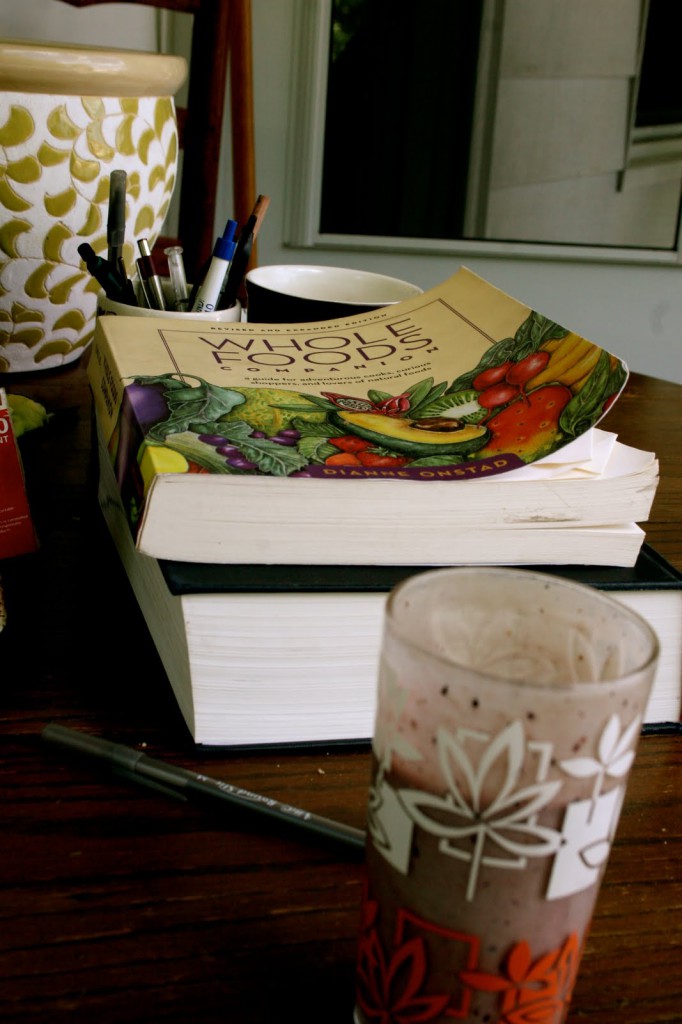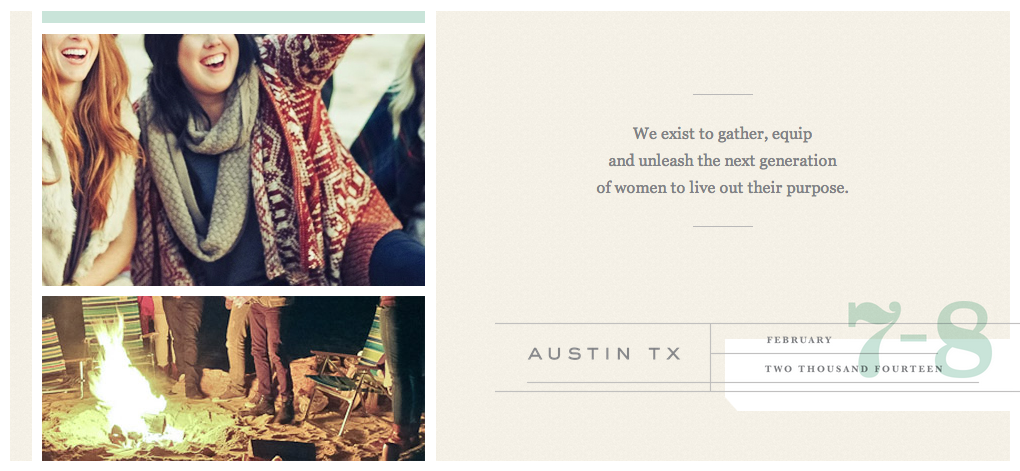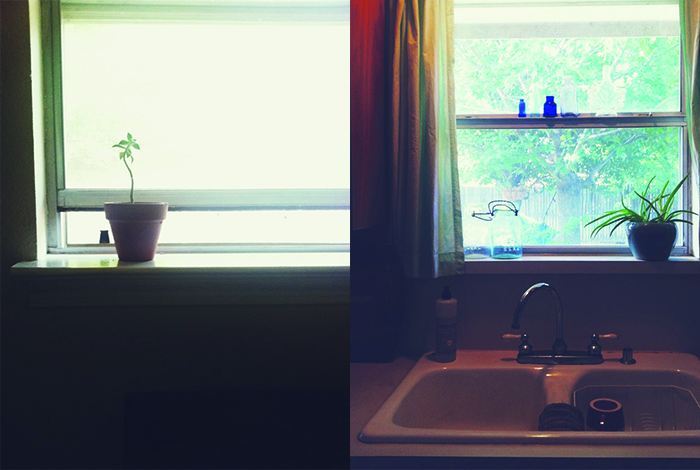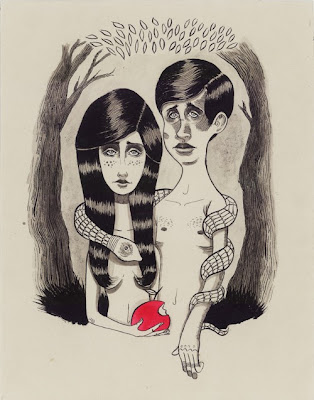The Love of Laundry
I used to dream of canning peaches and hanging laundry on lines, letting it billow in the northern breeze. I was set on a life of simplicity, kneading bread dough by hand, peeling apples at a wooden table marked and scarred by time and use. Reading storybooks aloud to calico-clad babies and lighting candles every night on the dinner table. This was the life of which I dreamed and felt within my grasp. It never materialized and I felt the ache of that deep in my gut years over and over. Sand slips more easily through fingers than through an hourglass and it is so very hard to hold time for long. I signed leases and moved houses and states and tables. I forgot those dreams or buried them beneath convenience and the fear of missing out on real life while I waited for dream life to happen.
I spent years placing my hand over the ache of want, stilling my heart of its desires, trying to live well in today. Aren't we such foolish creatures? To think we can capture a vapor and own it for any measure of time?
. . . . . . . . . . . . . . . . . . . . .
No bridal showers would bring me the things that made a home so I dove deep into thrift stores and bargain bins, my home made of second-hands and hand-me-downs. It feels lived in but I wonder how well I have lived in it? Someone else marred my table-top, someone else chipped my favorite bowl, someone else created my art.
But this is the life I love. This reusable life. It reminds me life is a vapor and time is short and things are falling apart and I am too.
. . . . . . . . . . . . . . . . . . . . .
Richard Wilbur wrote,
The soul shrinks
From all that is about to remember, From the punctual rape of every blessed day, And cries, "Oh, let there be nothing on earth but laundry, Nothing but rosy hands in the rising steam And clear dances done in the sight of heaven."
I have never forgotten that poem or the autumn day in college when I first read it. Love Calls Us to the Things of This World and it means we must love the vapor too because it is the stuff of life—the laundry, the rising steam, the clear dances done only in the sight of heaven. We love the marred table and the calico clothes and the lit candles because these are not the meaning of life, but they help us remember the work, the dirt, the mess, the grit of life.
Convenience is not our friend, my brother and my sister, ease is not our aim.
. . . . . . . . . . . . . . . . . . . . .
A threshold waits in front of me, a coming home of sorts. Marriage and life with a man so wholly different than me and so wholly loving to me, it makes me wonder how you start fresh with so many years behind you. So many scars and mars, chips and cracks—how do you make new with so much old?
I don't have an answer to that friends, but I know love does call me to the things of this world. It is an angst I wrestle with daily in these months. How to be distracted, my attentions divided by good things? Without love I am a clanging symbol, a noisy gong. And love is work. All of love is work. Beautiful work, like canned peaches and billowing laundry, rising steam, lit candles, but still work.
Let there be nothing on earth but the work of love, even if some days it looks only like laundry.

















